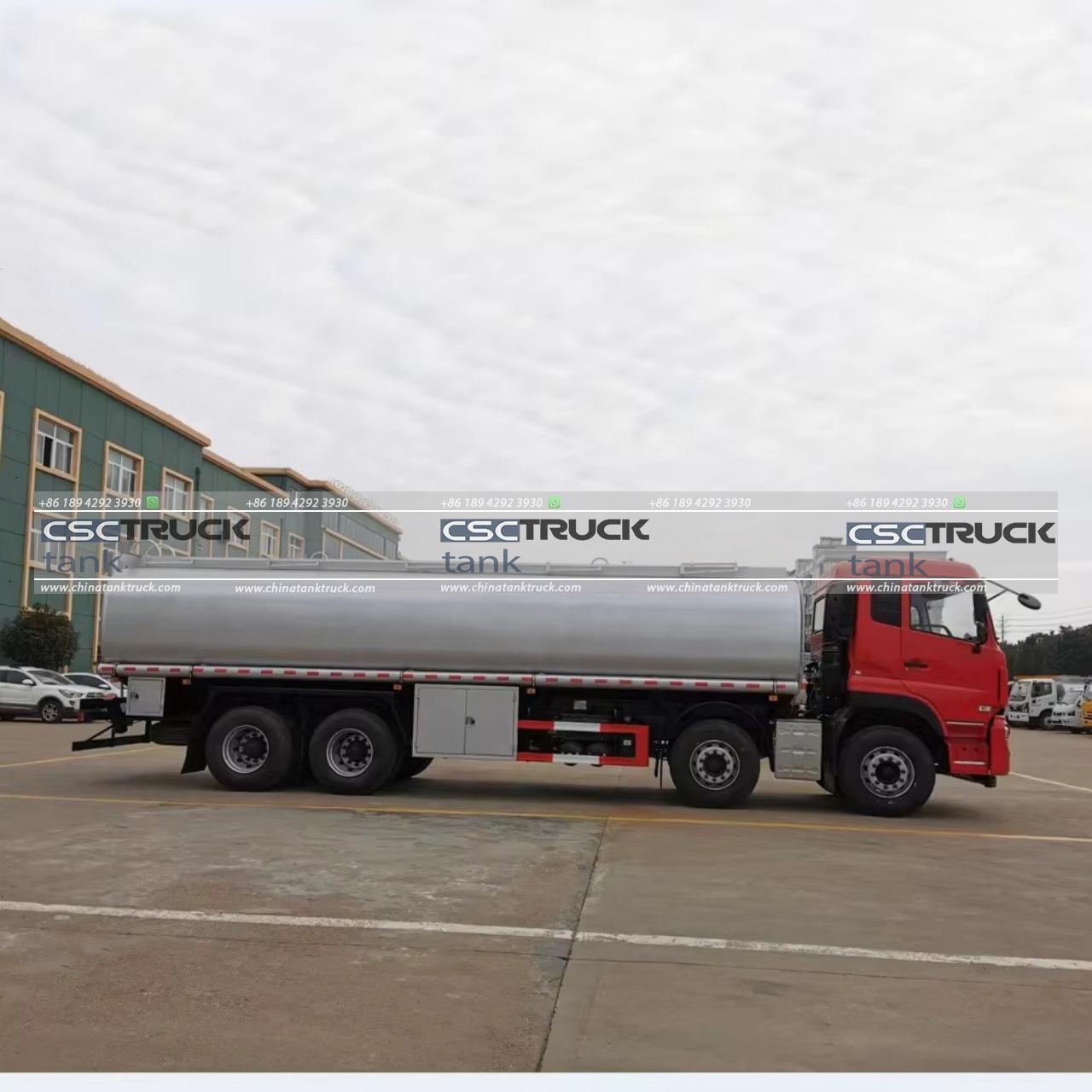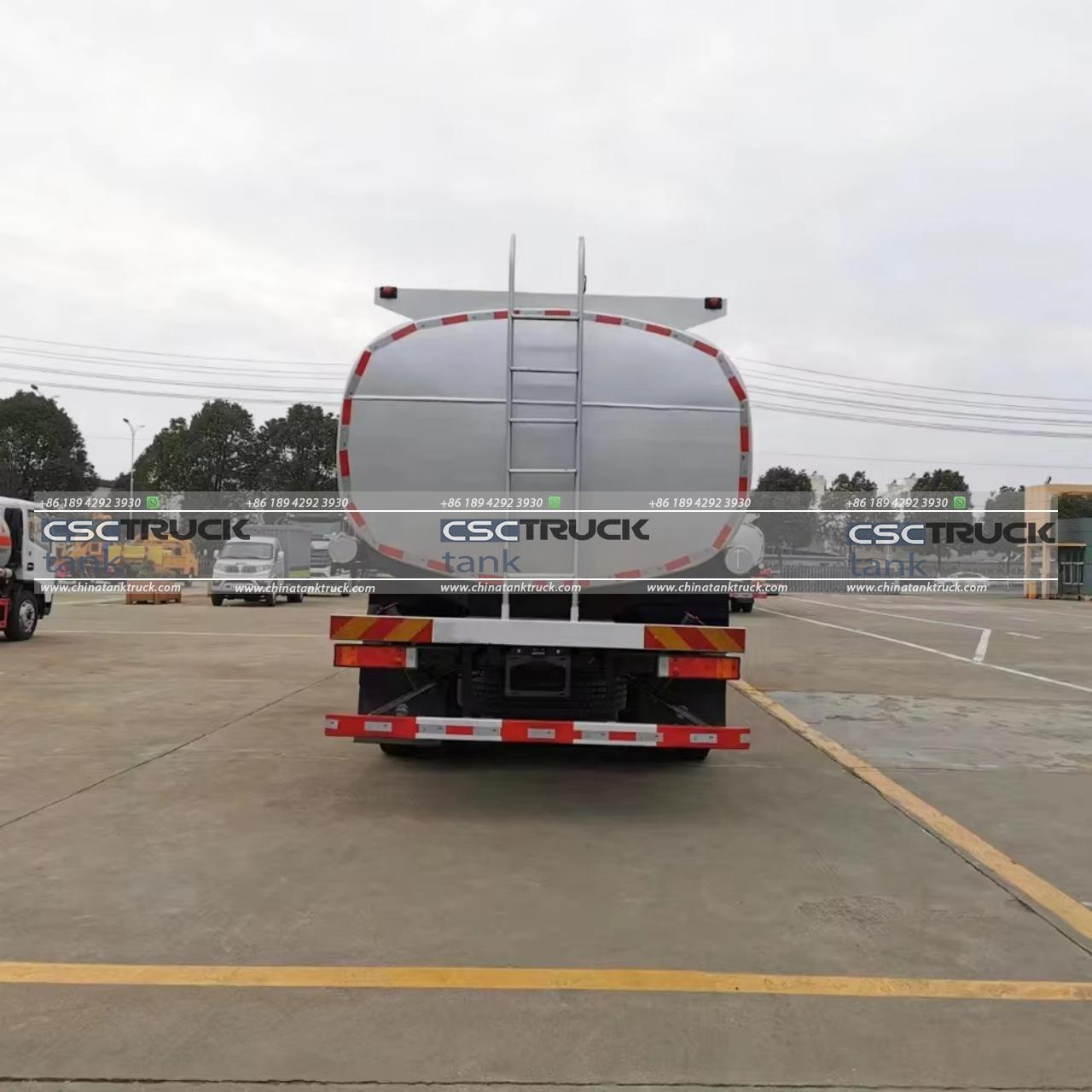What Does a Chemical Tanker Carry?
Chemical tankers are specialized vessels designed to transport a wide range of chemicals in bulk. These ships are equipped with advanced safety features and technologies to handle hazardous, corrosive, or environmentally harmful substances. The cargo they carry is essential for various industries, including manufacturing, pharmaceuticals, agriculture, and energy production. This article explores the types of chemicals typically transported by chemical tankers, the safety measures involved, and the global significance of chemical transportation.
Types of Chemicals Transported
Chemical tankers carry a vast array of substances, broadly categorized into three main types: organic chemicals, inorganic chemicals, and specialty chemicals.
1. Organic Chemicals:
Organic chemicals are primarily carbon-based compounds. These include petrochemicals, which are derived from petroleum and natural gas. Common organic chemicals transported by chemical tankers include:
– Alcohols: Ethanol, methanol, and isopropanol are commonly transported for use in beverages, disinfectants, and industrial solvents.
– Aromatics: Benzene, toluene, and xylene are crucial in the production of plastics, synthetic fibers, and other chemicals.
– Ketones: Acetone and methyl ethyl ketone (MEK) are used as solvents in various industries, including paint, coatings, and adhesives.
– Esters: Used in the production of perfumes, plastics, and solvents.
– Phenols: Utilized in the production of resins, plastics, and as a disinfectant.
2. Inorganic Chemicals:
Inorganic chemicals do not contain carbon-hydrogen bonds and are usually derived from minerals or other non-living sources. Chemical tankers transport various inorganic chemicals, including:
– Sulfuric Acid: Widely used in the production of fertilizers, chemicals, and in the petroleum refining process.
– Caustic Soda (Sodium Hydroxide): Used in the manufacture of paper, textiles, and detergents.
– Hydrochloric Acid: Employed in steel production, food processing, and in the chemical industry.
– Phosphoric Acid: Key in the production of fertilizers, detergents, and food additives.
– Ammonia: Critical for the production of fertilizers and as a refrigerant.
3. Specialty Chemicals:
Specialty chemicals are produced in smaller quantities and are often more complex in structure. These include:
– Pharmaceutical Intermediates: These are used in the production of various drugs and medicinal products.
– Additives: Chemicals that enhance the properties of fuels, lubricants, plastics, and other materials.
– Dyes and Pigments: Essential for the textile, paint, and printing industries.
– Agrochemicals: Including pesticides, herbicides, and fertilizers, which are vital for agricultural production.
– Adhesives and Sealants: Used in construction, automotive, and various other industries.

Safety Measures and Regulations
Transporting chemicals by sea involves significant risks, including environmental hazards, health risks, and the potential for accidents. Therefore, chemical tankers are subject to stringent international regulations and safety protocols.
1. Segregated Cargo Tanks:
Chemical tankers are equipped with segregated cargo tanks to prevent the mixing of incompatible chemicals. This is crucial because certain chemicals can react violently if mixed, leading to dangerous situations. The tanks are often lined with materials that resist corrosion and are compatible with the chemicals being transported.
2. Ventilation and Inert Gas Systems:
To prevent the buildup of flammable vapors, chemical tankers are equipped with ventilation systems that remove harmful gases. In some cases, inert gas systems are used to fill the space in tanks with non-reactive gas, such as nitrogen, to minimize the risk of combustion.
3. Advanced Monitoring Systems:
Modern chemical tankers are equipped with sophisticated monitoring systems that continuously track the temperature, pressure, and composition of the cargo. These systems ensure that the chemicals remain stable and that any potential issues are detected early.
4. International Regulations:
Chemical tankers operate under the International Maritime Organization’s (IMO) International Code for the Construction and Equipment of Ships Carrying Dangerous Chemicals in Bulk (IBC Code). This code outlines the design, construction, and operational standards for chemical tankers, ensuring the safe transportation of hazardous substances. The classification society’s certification is also mandatory for these vessels, which verifies compliance with international standards.
5. Crew Training and Safety Protocols:
The crew on chemical tankers undergo specialized training to handle the specific risks associated with chemical transportation. This includes emergency response procedures, handling toxic substances, and using personal protective equipment (PPE). Regular drills and safety checks are conducted to ensure preparedness for any situation.
The Global Importance of Chemical Tankers
The global economy relies heavily on the safe and efficient transportation of chemicals. These substances are critical for various industries, from agriculture to pharmaceuticals, and from manufacturing to energy production. The ability to transport large quantities of chemicals across vast distances is essential for maintaining global supply chains and ensuring that industries have the raw materials they need.
1. Economic Impact:
The chemical industry is a significant contributor to the global economy. The production and transportation of chemicals support millions of jobs and contribute to the GDP of many countries. Chemical tankers play a crucial role in this industry by enabling the global trade of chemicals, ensuring that production facilities can operate efficiently and meet the demand for various products.
2. Environmental Considerations:
While chemical tankers are essential for global trade, they also pose environmental risks, particularly in the event of spills or accidents. The international community has implemented various measures to mitigate these risks, including strict regulations on the construction and operation of chemical tankers and the development of contingency plans for dealing with spills. Furthermore, the industry is increasingly focusing on sustainability, with efforts to reduce emissions and improve the efficiency of chemical transportation.
3. Strategic Importance:
Certain chemicals transported by tankers are of strategic importance, particularly those used in energy production, agriculture, and pharmaceuticals. The availability of these chemicals can impact national security, food security, and public health. As such, the safe and reliable transportation of chemicals is a priority for governments and industries worldwide.

Conclusion
Chemical tankers are vital for the transportation of a wide range of chemicals that are essential for various industries. From organic and inorganic chemicals to specialty chemicals, these vessels carry substances that are crucial for manufacturing, agriculture, energy production, and more. The safe transportation of these chemicals requires advanced technology, stringent regulations, and well-trained crews. As the global economy continues to grow, the importance of chemical tankers in ensuring a steady supply of raw materials will only increase, making them a critical component of international trade and industry.

